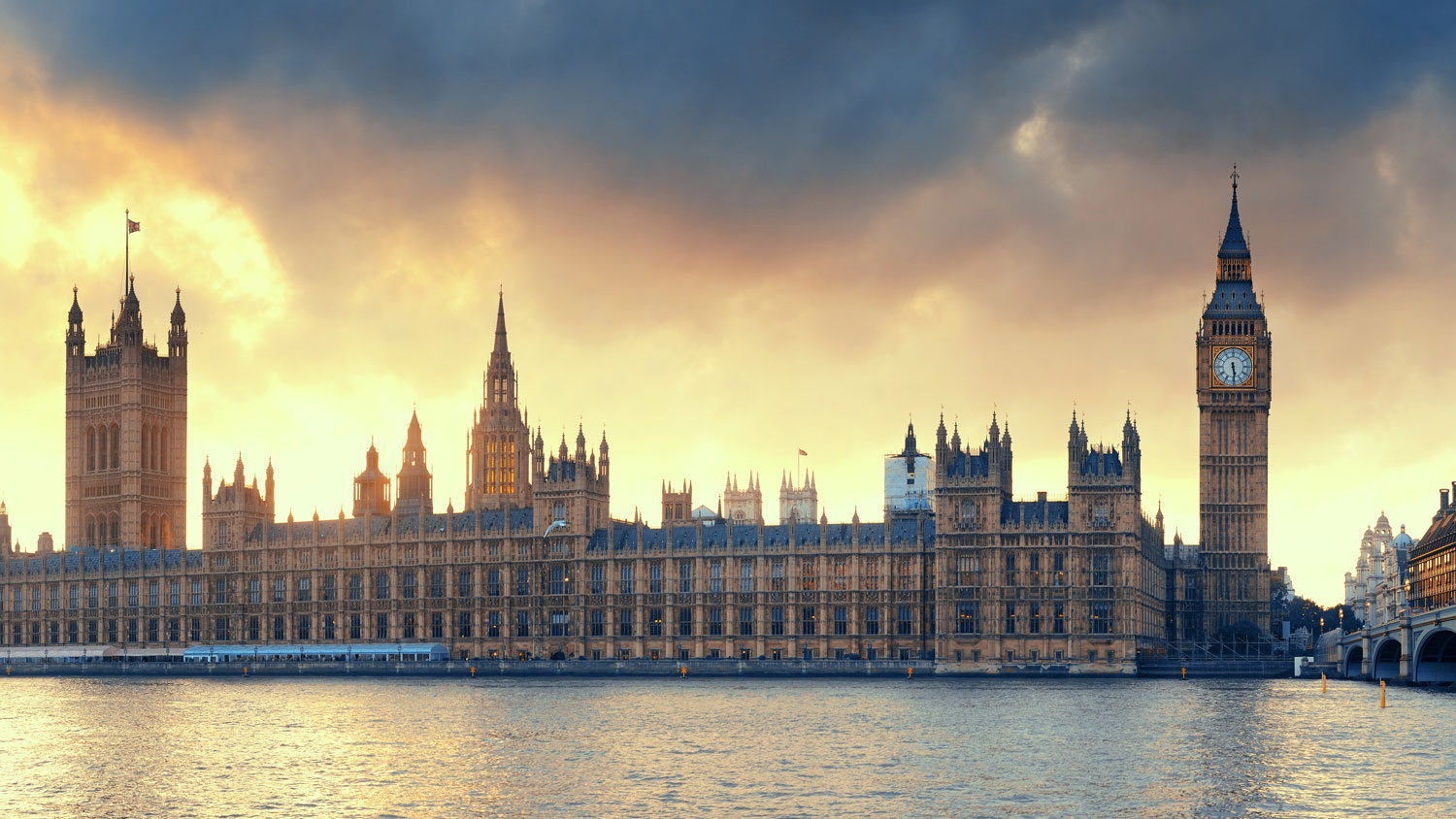
Call for all public bodies to be made ‘women-friendly’
The Mayor of London, Sadiq Khan, has called on the government to begin a ‘wholesale’ review of workplace policies, across government bodies, to ensure they are inclusive of and supportive to women at every stage of their careers.
The Mayor has called for all public organisations to ensure the physical health and safety of their female employees are made key priorities and considered alongside more high-profile concerns such as access to flexible working and underrepresentation at senior levels.
In a letter to the Secretary of State for Work and Pensions, Mel Stride, Sadiq has urged the government to ensure taxpayer-funded government bodies are taking their responsibilities to women colleagues seriously and are inclusive and supportive at every level. The Mayor said that for too long they have struggled to reflect the breadth of backgrounds and experiences which exist in their communities, including those of women. He encouraged public organisations to “follow City Hall’s lead” in making provisions for people experiencing severe gynaecological pain and urged these bodies to offer robust support to victims of domestic violence both practically and pastorally so that no one has to ‘suffer in silence’. This includes adopting City Hall’s sector-leading provision for colleagues fleeing domestic abuse, which offers an interest-free loan of up to £10,000 to help rebuild their lives.
In order to create an equality culture in an organisation, management should seek to develop an environment in which people feel comfortable about reporting problems of discrimination or harassment at an early stage. The key is to treat all colleagues on the basis of what they bring to the workplace, rather than what they look like or their personal background.
The Mayor has called for taxpayer-funded government bodies to commit to the following:
- Robust provision for colleagues who are victims of domestic abuse.
- A strengthening of sickness and absence policies to ensure that debilitating gynaecological pain is affirmed as grounds for reasonable adjustment or leave.
- A clear strategy for the development of women into positions of leadership in order to generate a pipeline of talent.
- The implementation of a comprehensive policy to support colleagues during the menopause and perimenopause.
- Consideration of the experiences of women and the potential impact on women ahead of major policy changes.
The Mayor made these calls as he joined London's Deputy Mayor for Communities and Social Justice, Dr Debbie Weekes-Bernard, in hosting London’s first women’s policy summit at City Hall – the fulfilment of a manifesto commitment to put the experiences and concerns of women at the heart of policy-making. The summit will help inform mayoral policy on how to tackle the skills and employment gap, the soaring cost of living and the housing crisis.
The conference will be opened by feminist scholar and activist Helen Pankhurst, feature a keynote intervention from the Women’s Budget Group and a speech by the Mayor. It will also include detailed discussions of some of the most pressing issues facing women in London, with the findings to be compiled and used by City Hall to help inform future policy.
The conference has been developed in partnership with the Women’s Resource Centre and builds on research commissioned by the Mayor in 2020 that revealed women had experienced disproportionate economic, social and psychological impacts as a result of the Covid-19 pandemic. It also follows YouGov data from 2022 that shows that despite 24% of women experiencing periods so painful they affected their ability to work each month, 40% of these women said they had never taken time off work and a further 23% only did so ‘sometimes’ or ‘rarely’.
The Mayor is committed to ensuring women are fully supported at work. That is why Sadiq has made commitments to reporting on the gender pay gap, furthering equality and improving diversity central tenets of his flagship workplace accreditation – the Good Work Standard - with which more than 115 London organisations are now accredited. The London Recovery Board have further encouraged organisations across London to improve representation in the workplace and promote employment rights through the Building a Fairer City Plan.
Since 2016, the Mayor has overhauled City Hall’s workplace offering to better support women at all stages and backgrounds. This has included the provision of sector-leading support for colleagues who are experiencing domestic violence, tailored training to enable career progression through the leadership programme Our Time, the development of a world-leading menopause policy, enhanced caring, adoptive and shared parental leave, the introduction of premature and neonatal baby leave and significant progress toward the elimination of the gender pay gap. City Hall has also led the way in breaking workplace taboos and supporting Londoners experiencing period poverty through the provision of free menstrual hygiene products onsite.
Sadiq Khan said:
“The pandemic and the cost-of-living crisis have shone a light on gaping inequalities in our society and it simply isn’t right that, in 2023, women continue to face significant barriers in accessing housing, employment and skills. As Mayor of this great city and as a proud feminist, I refuse to accept gender-based injustice as inevitable. It is vital that all public bodies are safe havens for women and must lead by example in offering women the best possible place to work. Too often the experiences of women have been an afterthought in shaping policy, but I am committed to ensuring that they will be front and centre as we work to build a fairer, safer and more prosperous London for everyone.”
Feminist scholar and activist Helen Pankhurst said:
"On the back of previous work prioritising women’s concerns and even tackling taboos such as menstrual health at City Hall, it’s great to see the hosting this year by the Mayor of a women’s policy summit. This aims to discuss what more can be done to address the continued gender inequalities and the concerns of women and girls. How wonderful to see a feminist policy ecosystem developing in London."
CEO of the Women’s Resource Centre, Vivienne Hayes MBE, said:
“WRC warmly welcomes the Mayor’s prioritising of the specific needs of women in London as decades of research and evidence consistently reveals the disproportionate negative impact of public policy making on women who are, let’s not forget, half of the population.
“We fully support his initiatives to address this and for all public bodies to adopt a more critical lens in their own policy-making by conducting effective equality impact assessments. It’s high time that policy makers addressed inequality rather than compounding it. We want to see different choices made, especially by the government. It is critical to creating a healthier, economically successful society to address the entrenched inequality that women suffer. We will continue to work together with the Mayor to ensure London leads the way in addressing the age old unfair, unequal treatment of women and the intergenerational damage this causes.”
Head of Research and Policy at the UK Women’s Budget Group, Dr Sara Reis said:
“Women in London are at the sharp end of the cost-of-living crisis and the culmination of 13 years of austerity that have made us poorer and put unfair pressures on the unpaid care labour women provide. A combination of employment discrimination and lack of adequate and affordable childcare and adult social care continues to disadvantage women economically, making it harder for us to deal with extraordinary rising costs of essentials. We need a combination of inclusive workplace policies with serious investment in our public services if we are ever to realise gender equality.”





